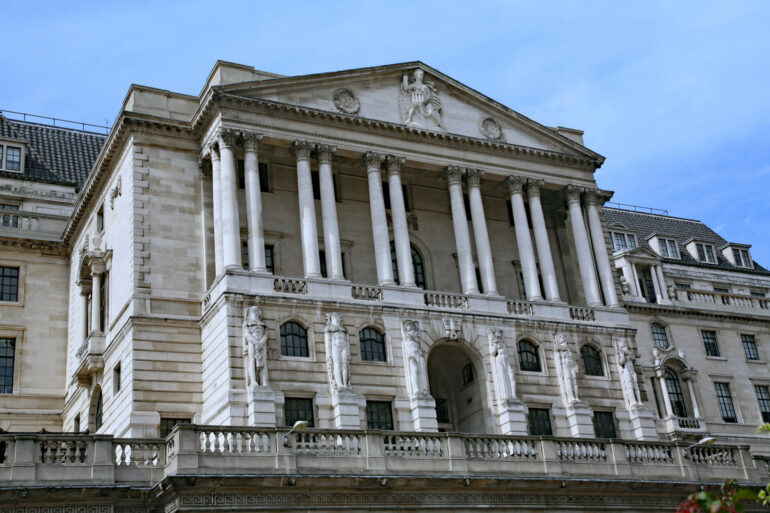The Bank of England is expected to raise interest rates once again following an unanticipated increase in inflation in February.
Nigel Green, CEO and founder of deVere Group, one of the world’s largest independent financial advisory, asset management and fintech organisations, predicts the Bank will be compelled to act ahead of its meeting on Thursday.
Green said: “The rise in inflation comes as a shock, as most analysts had forecast a fall to 9.9% amid reducing gas and oil prices and the lower cost of raw materials on global markets.”
Inflation had been falling for three months, from a peak of 11.1% in October to 10.1% in January. However, recent data shows food prices and non-alcoholic beverages in the UK surged at their highest rate for 45 years.
This development has intensified pressure on the Bank of England to increase interest rates again, despite concerns over wage growth and labour market tightness.
Green believes the Bank will prioritise combating stubbornly high inflation, despite growing fears of a confidence crisis in the global banking system. He anticipates an announcement of a 0.25% rise, taking rates to 4.25%, followed by a potential pause in the hiking cycle.
“The Bank of England are in a challenging spot of having to hike rates to bring down inflation while attempting to combat fears of systemic risk and instability that has been rippling through global markets in recent days following the banking crises in the US. But it will be soaring prices that will be front and centre in their decision-making process,” Green explained.
The UK central bank is challenged with cooling high inflation whilst ensuring financial stability in the face of recent market turbulence and banking crises in the US.
Green notes that a signal of stepping back from interest rate hikes would be welcomed by investors concerned that overtightening could lead to a recession.
“A signal of stepping back from interest rate hikes would be welcomed by investors who are concerned that overtightening now – when monetary policy time lags are notoriously long – could steer the economy into a recession,” added Green.



